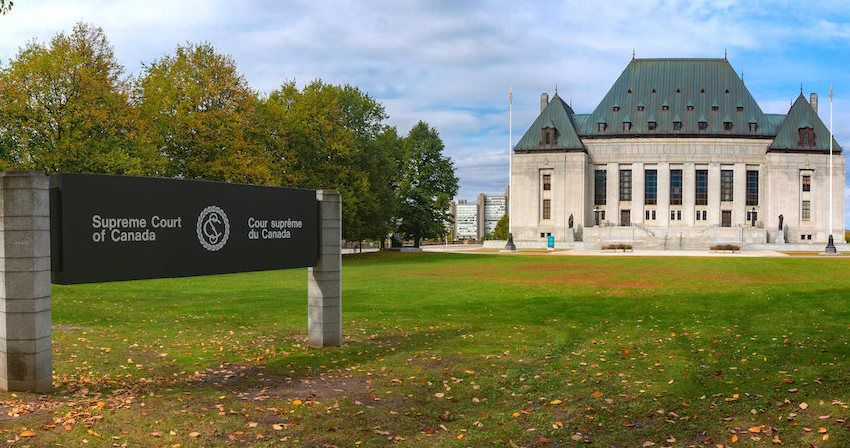The decision of Canada’s Supreme Court on carbon pricing which came down on March 25 is a landmark one. It is of the same importance as the 1998 Supreme Court decision regarding Quebec secession, with its limitations on the ability of a province to sponsor any future referendum on sovereignty without federal input, or the 1997 Delgamuukw decision, which recognized the role of oral history with respect to Indigenous land claims.
By a six-three margin, the court turned down the claims of Alberta, Saskatchewan, and Ontario that by imposing a carbon tax on these provinces the federal government was trespassing on provincial jurisdiction.
Instead, Chief Justice Richard Wagner, writing on behalf of the majority, found the federal Greenhouse Gas Pollution Pricing Act to be constitutional, noting that “global warming causes harm beyond provincial boundaries and that it is a matter of national concern under the ‘peace, order and good government’ clause of the Constitution.”
For well over a century there has been a debate about the residual powers of the federal government under the original 1867 Constitution Act.
That act seemed to confer that power to the federal government through the “peace, order and good government” clause.
But a series of decisions by the Judicial Committee of the Privy Council of the British Parliament — which until 1949 had ultimate judicial decision-making powers for Canada — much weakened this clause, giving greater power to the provinces through the “property and civil rights” clause in the Constitution.
It was only in periods of warfare that the full power of the federal government could be brought to bear with little interference from the provinces.
F. R. Scott, a leading constitutional lawyer and one of the authors of the Regina Manifesto that led to the creation of the CCF, argued very strongly for the primacy of federal powers, but to little avail.
In the post-Second World War period, the pendulum began to swing in the direction of greater provincial powers, something reinforced by the Quiet Revolution in Quebec and by the policies of a succession of federal governments in more recent years.
Provincial premiers came to see themselves as equal in importance to the federal prime minister, in control of natural resources within their borders and of key areas of jurisdiction like education, health, urban development and the like.
It is now clear — as the climate change debate unfolds — that one needs strong federal leadership in periods of crisis. This lay at the heart of the Supreme Court decision, pointing to the danger of provinces going off in different directions “when climate change is real, posing a grave threat to the future of humanity.”
It is no accident, I would argue, that the Supreme Court decision comes down in the midst of the current pandemic.
For the hard reality, as we have been learning, is that viruses do not respect national, let alone provincial, borders and that effective action, when it comes to procuring essential medical supplies and vaccines, depends on the central government.
This will be even more true if Canada is to develop the capacity to deal with future pandemics more effectively than we have managed to deal with the present one.
The court through its decision is telling Canadians that the federal government must take its responsibility to address climate change seriously and provide the necessary leadership for the provinces. The federal-provincial division of powers is a cornerstone of the Canadian Constitution and will continue to be so. But crises require strong federal leadership, something which the current government headed by Justin Trudeau has tended to forget.
By reaffirming the importance of the “peace, order and good government” clause, the Supreme Court has restored a necessary balance to the federal system. It has helped deflate excessive posturing by those provincial premiers who like to see themselves as the ultimate repositories of jurisdictional sovereignty.
Canada has never been and will never be a unitary state. But a clear majority of Canadians want effective action on issues like climate change and would not welcome endless obstruction by provincial premiers to prevent this. If the Supreme Court ruling makes the Jason Kenneys and Doug Fords more chastened in their constricted reading of the Canadian constitutional order, well and good. If it puts more backbone into a federal government, which unlike that of Pierre Trudeau, has been all too weak in its deployment of federal power, all the better.
The court decision is one which Canadians who believe in the importance of national standards and bold federal leadership on the climate front can only welcome.
Philip Resnick is professor emeritus of political science at the University of British Columbia, and a poet. His memoir Itineraries: An Intellectual Odyssey was published by Ronsdale Press, which will release his forthcoming Pandemic Poems in May.
Image credit: lezumbalaberenjena/Flickr



